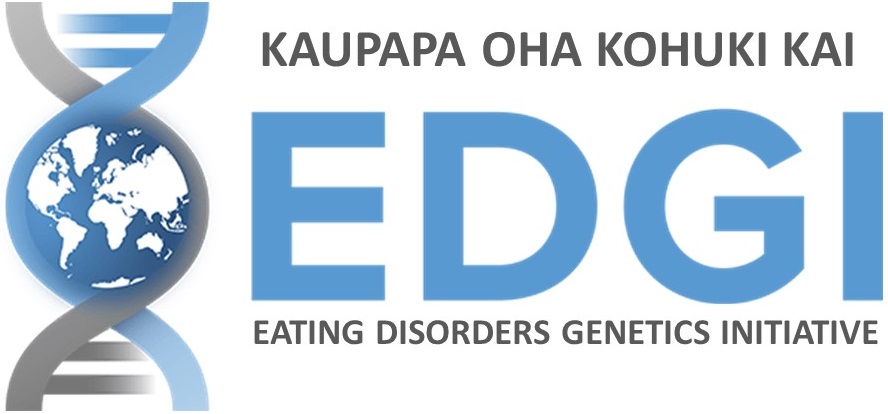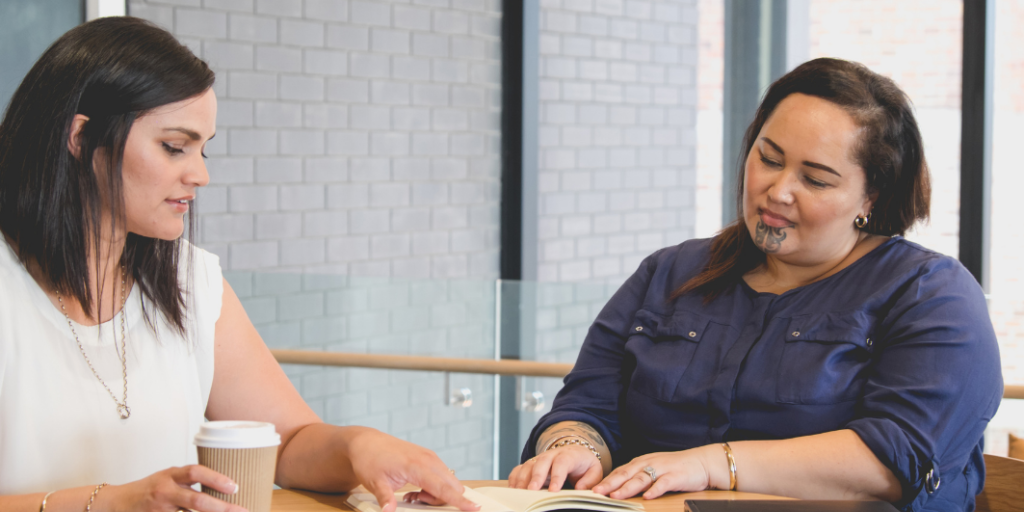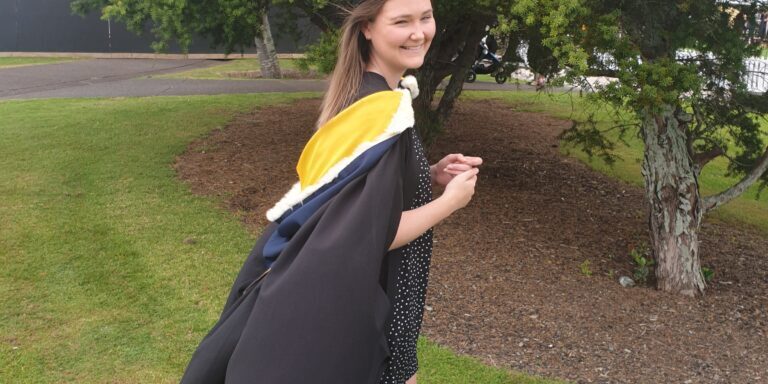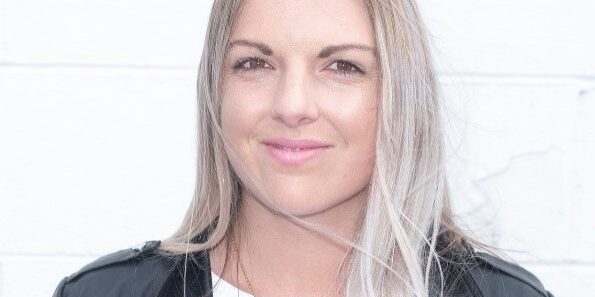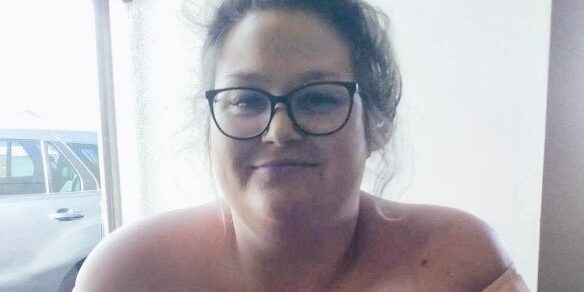Angela’s story
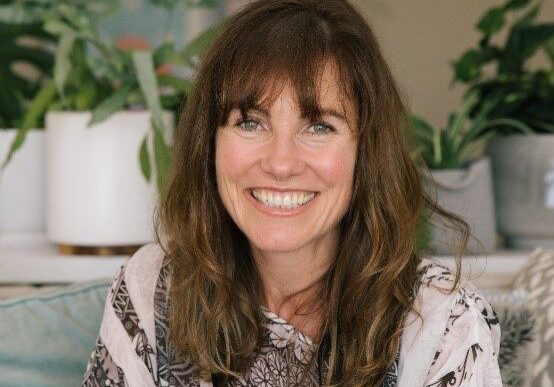
Mother-to-two & writing enthusiast who lived with bulimia nervosa for more than a decade, AUCKLAND
When mother-to-two and writing enthusiast, Angela, 49, Auckland was only nine years of age, she began dieting, and subsequently fuelling her obsession with monitoring her weight and calorie counting. Throughout her high school years, she continued to diet furiously.
At 19 years of age, with her diet spiralling out of control, Angela began to succumb to the perilous pull of bulimia nervosa. Six arduous years later, she finally sought professional help.
Describing bulimia nervosa as a “noisy beast that’s moves into your body”, the illness seized control of Angela, compromising her life and relationships.
Now in recovery, Angela has chosen to put her personal experience to good use. She set up the New Zealand chapter of Endangered Bodies, she writes about body image, eating disorders, and weight stigma in the media and also runs Pretty Smart, teaching teens to see through the multi-billion dollar beauty and diet industries that tell them they are not enough.
She has also developed a website dedicated to those with experience of bulimia nervosa (FABIK) – a dynamic platform that enables individuals to share their personal trials and tribulations, and to celebrate their achievements, without allowing their respective eating disorders to define them.
This is Angela’s story.
Angela developed bulimia nervosa at 19 years of age, and her illness gradually intensified during her early twenties.
“When I moved to Wellington for my first year of university, my body changed size due to the drinking culture and no longer having my parents to cook for me.
“Everything in my life seemed out of control at the time. I turned to bulimia nervosa to regain control,” said Angela.
Although Angela’s illness took a significant toll on her personal relationships, given it was easy to hide, she refused to let it compromise her studies and career aspirations.
“I lost a lot of self-respect due to my eating disorder. So when I entered relationships, I didn’t expect anyone else to respect me. In fact, the more ‘messed up’ a person was, the better it was for me.
“I chose to pull back from my family and loved ones at the time because I didn’t want others to see what was going on,” Angela said.
After finding herself stuck in a cycle of binge eating and deceit, and after lying numerous times to her best friends, at 25 years of age, Angela sought professional support from a counsellor at an eating disorders clinic, after which she began to attend group therapy sessions.
She learned from the counsellor about the importance of keeping a diary to track behaviour and triggers. The group therapy taught her she wasn’t alone with her disorder.
Eventually, after observing her own patterns for the next few years, Angela recognised that her eating disorder no longer stemmed from her obsession with dieting, but was rather an emotional escape from life.
“Whenever something bad happened, or something arose that I was not sure how to deal with, I would binge and purge to squash my emotions.
“However, I was adamant that I was not going to enter my thirties with an eating disorder. So that became my deadline,” said Angela.
On February 15, 2000, before her 30th birthday, Angela felt like she finally said goodbye to bulimia’s vice-like grip on her life.
At 33, after gaining clarity on her life, she chose to uproot her life, leave her job and unhappy marriage, and travelled in Africa, which served as a truly eye-opening experience.
“Being in Africa completely turned my eating disorder on its head. It opened my eyes to how precious food is, and how it shouldn’t be wasted on bingeing.” Angela said.
After her trip to Africa Angela relocated to New York in a marketing role. While there, she did a lot work with a therapist who specialised in both eating disorders and relationships and helped Angela to rebuild her relationship with herself.
Given her first-hand experience with bulimia nervosa, Angela has chosen to participate in the New Zealand arm of the Eating Disorders Genetics Initiative (EDGI) – the largest and most rigorous genetic investigation of eating disorders ever performed.
“I’m a strong advocate for research that explores the potential causes of eating disorders.”
“By identifying the genes responsible for eating disorders, EDGI should help to improve treatments for these potentially devastating illnesses,” said Angela.
